Experts grow ancient carob tree to maturity in four years instead of seven
The ancient carob tree has seen a surge in demand. Its seeds are now recognized as a superfood with multiple health benefits, and they have become a staple in the food industry as a thickener for thousands of products.
But carob farming itself has barely changed since biblical times. Harvesters still use long poles to beat the branches and dislodge the brown seed-bearing pods, which land on nets below.
An ag tech startup based in Kiryat Shmona, northern Israel, heralds a new era in carob cultivation by using smart technology to grow the trees more quickly, increase yields, automate fertilization and irrigation, and improve taste and flavor.

One of the biggest problems is that it takes six to seven years for a carob tree to bear seeds, and with droughts intensifying around the world, yields are much smaller.
As a result, there are major shortages in seed extracts, which are reportedly selling for as much as $60 per kilogram.
CarobWay uses precision technologies designed for other crops to enhance the carob growth and fruitfulness – like using a computerized app to control and follow up on its growth on a daily basis.
It says its trees will reach maturity in just four years, instead of seven.

The irrigation and fertilization systems it uses are fully remote-controlled, with sensors spread throughout the fields to monitor, minimize and optimize water consumption.
“We’re trying to solve the shortage of natural products supply, in this instance the carob seeds,” says Udi Alroy, the company’s CEO and Co-founder.
“The innovation is a combination of a sustainable solution from seed to fork. We are the only company that has investigated how to cultivate seeds, how to do intensive or precision agriculture on the carob, how to grow it, how to process it, and how to make healthy products out of the carob from the sugars and fibers, and the seeds.”
Carob seeds are processed into locust bean gum (LBG), an ingredient you’ll find on many food labels, which is used to thicken dressings, sauces, ice cream, yogurts, cream cheese and a thousand other products. The seeds are also gluten-free, caffeine-free and high in fibre, calcium, iron, antioxidants and protein.
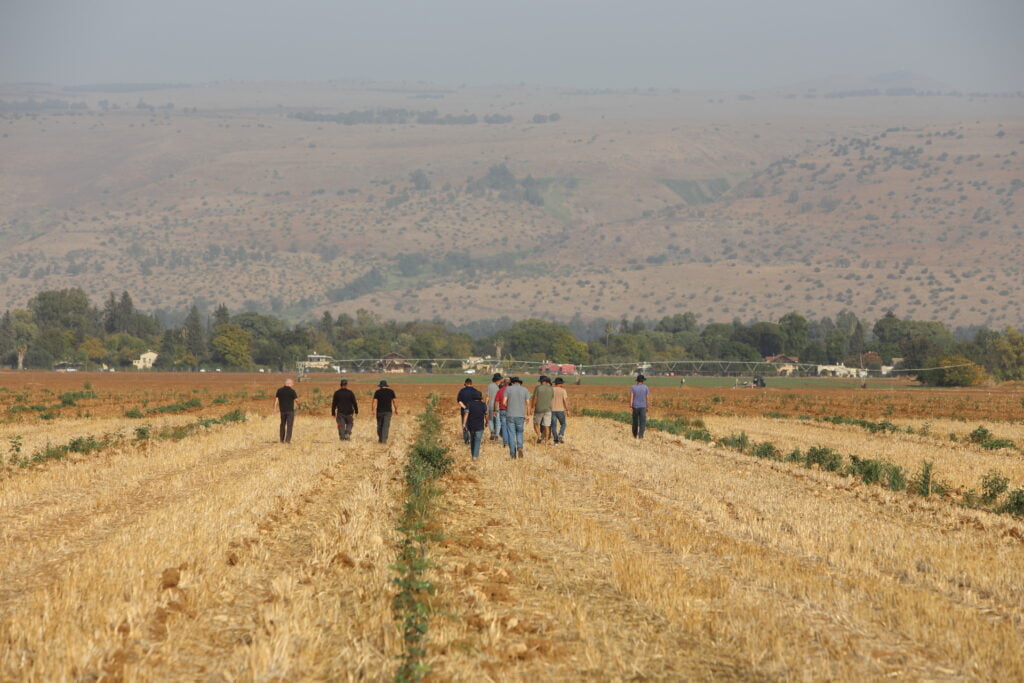
But little has changed in thousands of years of carob cultivation. The fruit is primarily grown in Mediterranean forests using manual labor, particularly for the harvest.
Knocking the pods down with a long stick is a delicate task because carob trees flower at the same time, and care has to be taken not to damage them, and the next year’s crop.
CarobWay has a team of agronomists with decades of experience in precision agriculture in crops, ranging from persimmons to avocados.
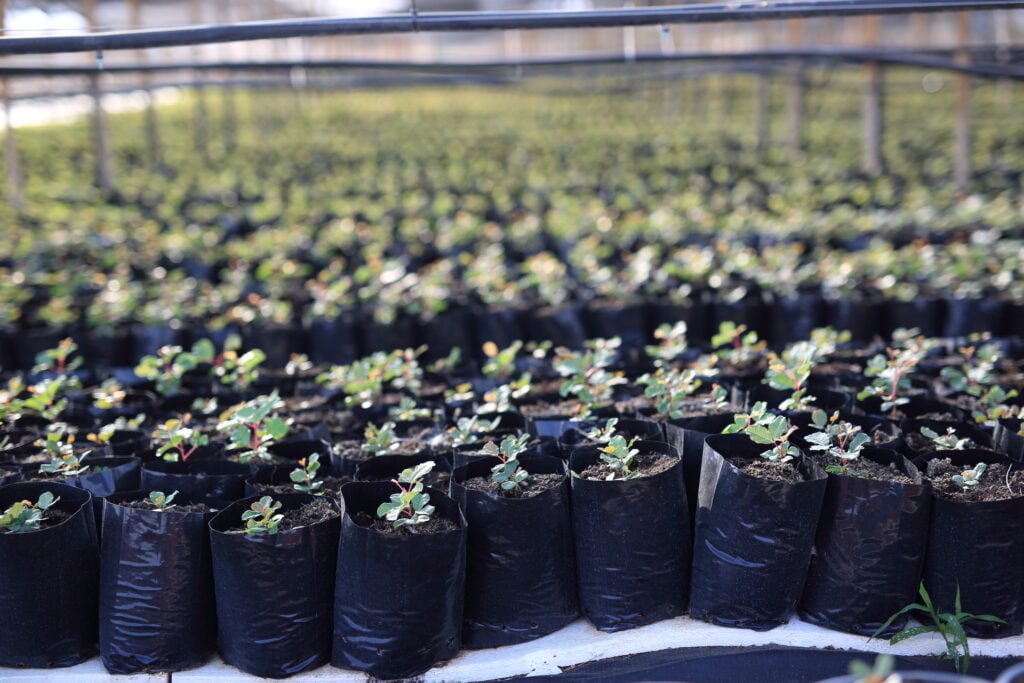
It has billions of data points in its software – like disease prediction and monitoring, expense tracking, and crops picking intelligence – that it uses to manage its carob farms in Israel.
The carob trees are grown on regular agricultural land, as opposed to forests, which means one part-time worker can oversee 50 hectares.
“Ninety per cent of carobs grow in forests and require manual harvesting, which is really hard to do,” says Alroy. “And when you grow crops in the forest, you cannot mechanize the process. What we did is we really mechanized the process from A-Z to use as little labor as is required.”
Sign up for our free weekly newsletter
Subscribe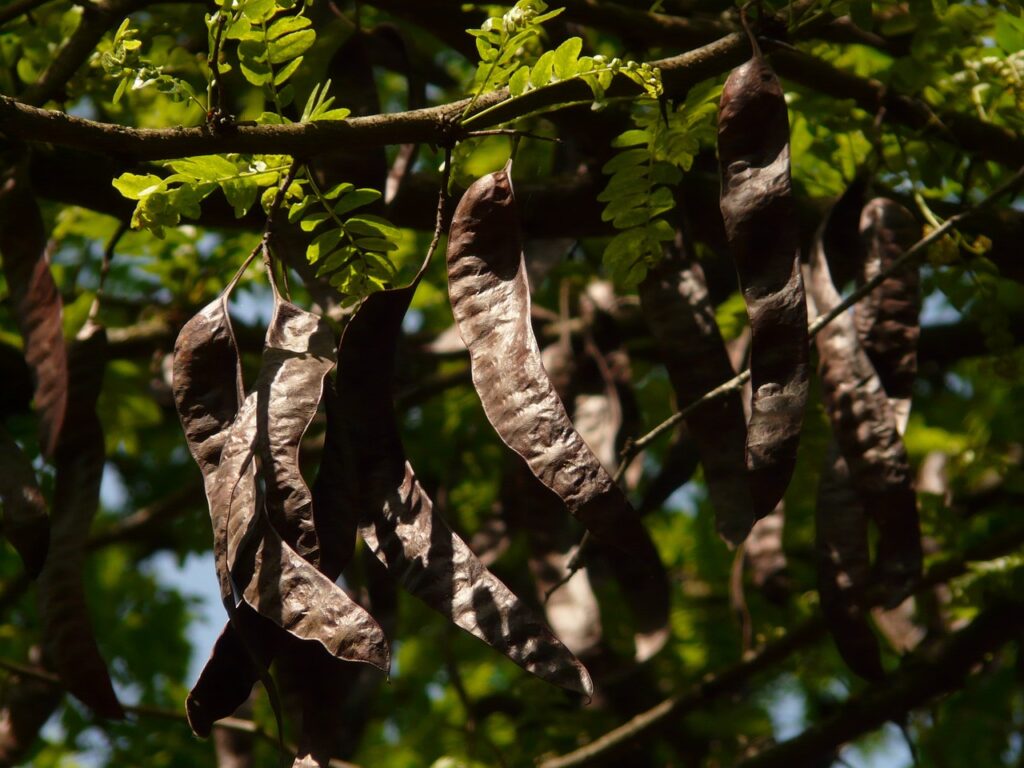
So its solution also addresses the growing lack of manual labor, another contributor to food shortages – including that of the locust bean gum (LBG).
Agricultural workers face physical hazards from the rugged terrain, equipment used during harvesting, and the operations of gathering, picking and manually transporting products.
“Forest trees are not suited for mechanized harvesting, because they cannot absorb the vibrations coming from the machine, and may break down during the process.”
The company first did a full year’s tree survey to see which yielded the fruits that were highest in seeds, sugar, and fiber, under minimal water requirements.
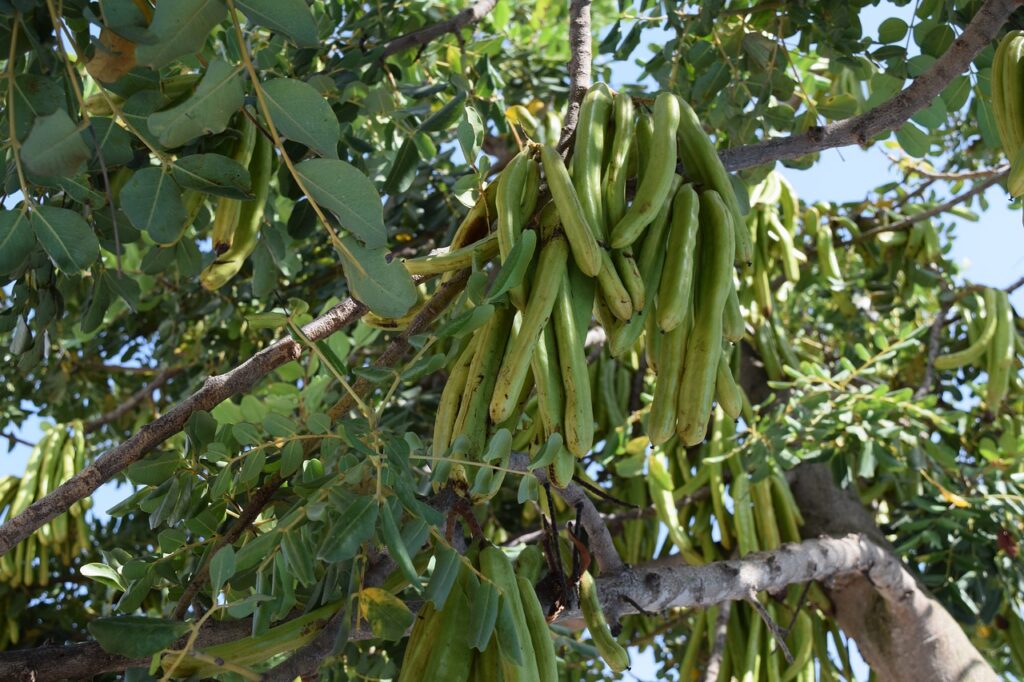
It then embarked on tens of thousands of trials with grafting technologies – applying the scion, or the bud of one plant, to the main stem of another – to form new and even more efficient carob trees.
Now, after cultivating the most efficient carobs and applying precision agriculture techniques, CarobWay has reached agreements with the farming communities, and has around 220 dunams of R&D farms in the Hula Valley.
Alroy says its trees, which were planted in 2020, are growing faster than anywhere else in the world. “Our trees are already about a meter and a half,” he says.

The company has a long-term cultivation agreement with growers to buy all their carobs and process them into a variety of products, benefiting all partners in the supply chain.
“We’re not looking to be an agriculture company, we’re ag tech – we’re developing technologies in order to grow the carobs. The farmers will grow the carobs with our technologies, and we will pay them for that. That’s our business model,” says Alroy.
Carobs are naturally sweet, with a low-glycemic index, meaning they have little effect on blood sugar levels. They are also high in D-pinitol, a sugar that regulates insulin levels – making them a perfect natural sweetener, especially for diabetics and pre-diabetics.
CarobWay will use the entire fruit, and separate it into 15 different products for both commercial and clinical use. Its products will range from seeds – which will help stabilize the LBG market – to sugars and fibers, and prebiotic powders and polyphenols, or micronutrients that naturally occur in plants.
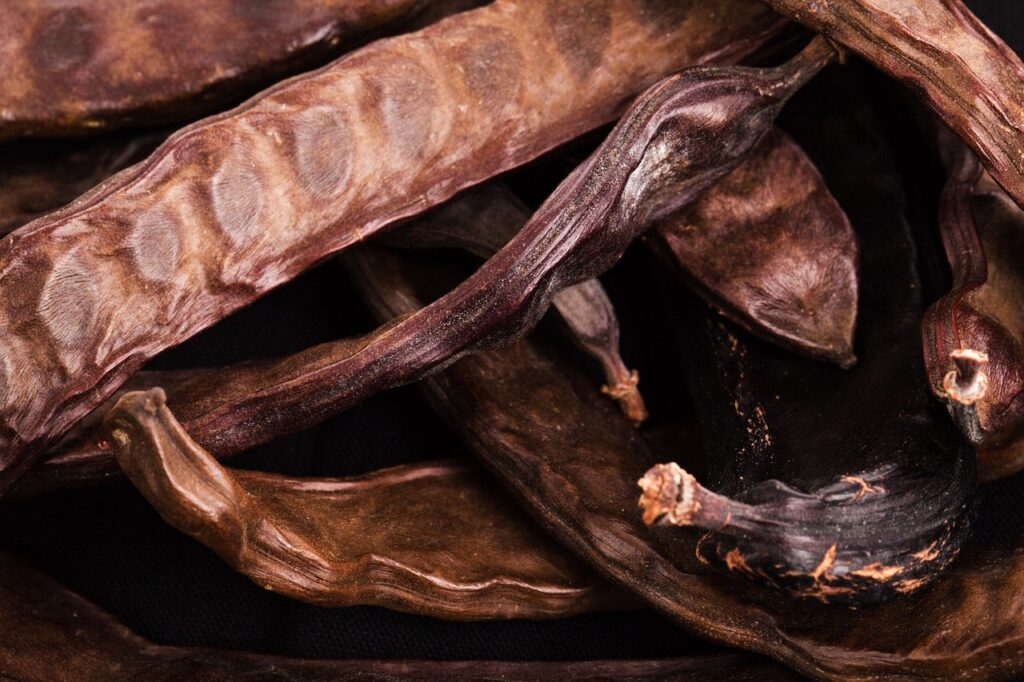
“Ninety nine per cent of the carob goes to feed for livestock. We are 100 per cent for human consumption,” says Alroy.
“We would also like to assist the LBG manufacturers in stabilizing the business for a long term solution, as opposed to the fluctuations that happen every other year.”
The Ness Ziona-based company has signed a long-term agreement to supply carob seeds from its yields to the European LBG market. It expects its first products, like the prebiotic powder, to launch in 2024.
And in case you were wondering, instead of knocking the carob pods off the tree with poles, CarobWay says it will use “vibration technologies” to harvest them.
Related posts

Editors’ & Readers’ Choice: 10 Favorite NoCamels Articles

Forward Facing: What Does The Future Hold For Israeli High-Tech?

Impact Innovation: Israeli Startups That Could Shape Our Future


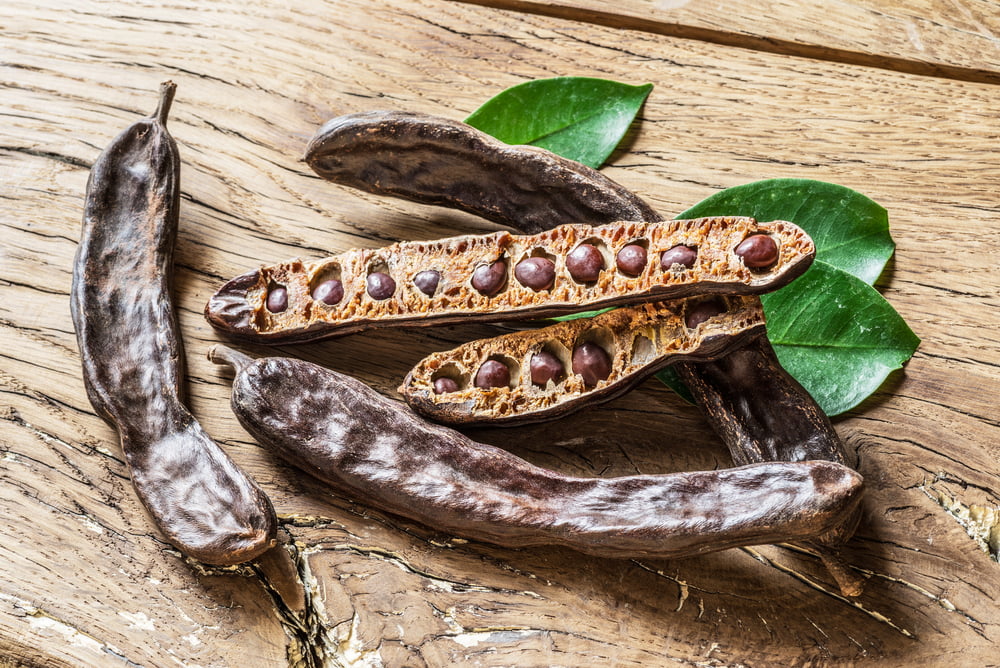

Facebook comments